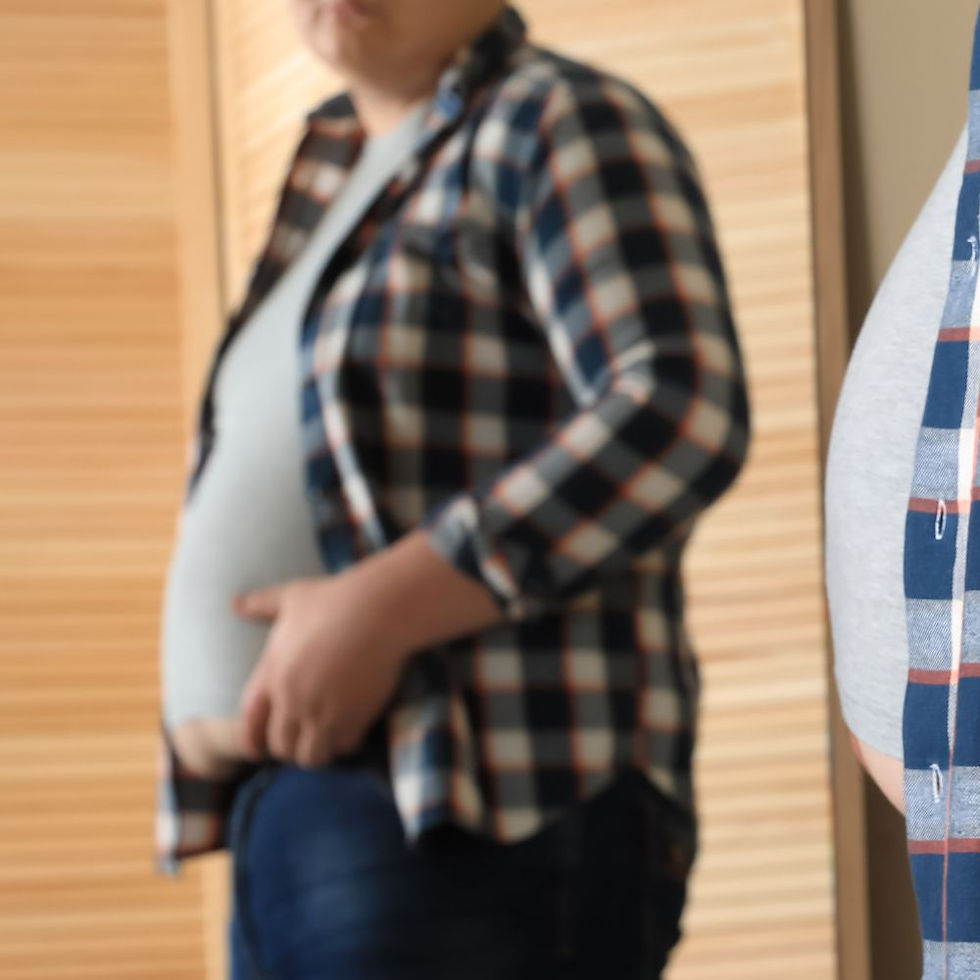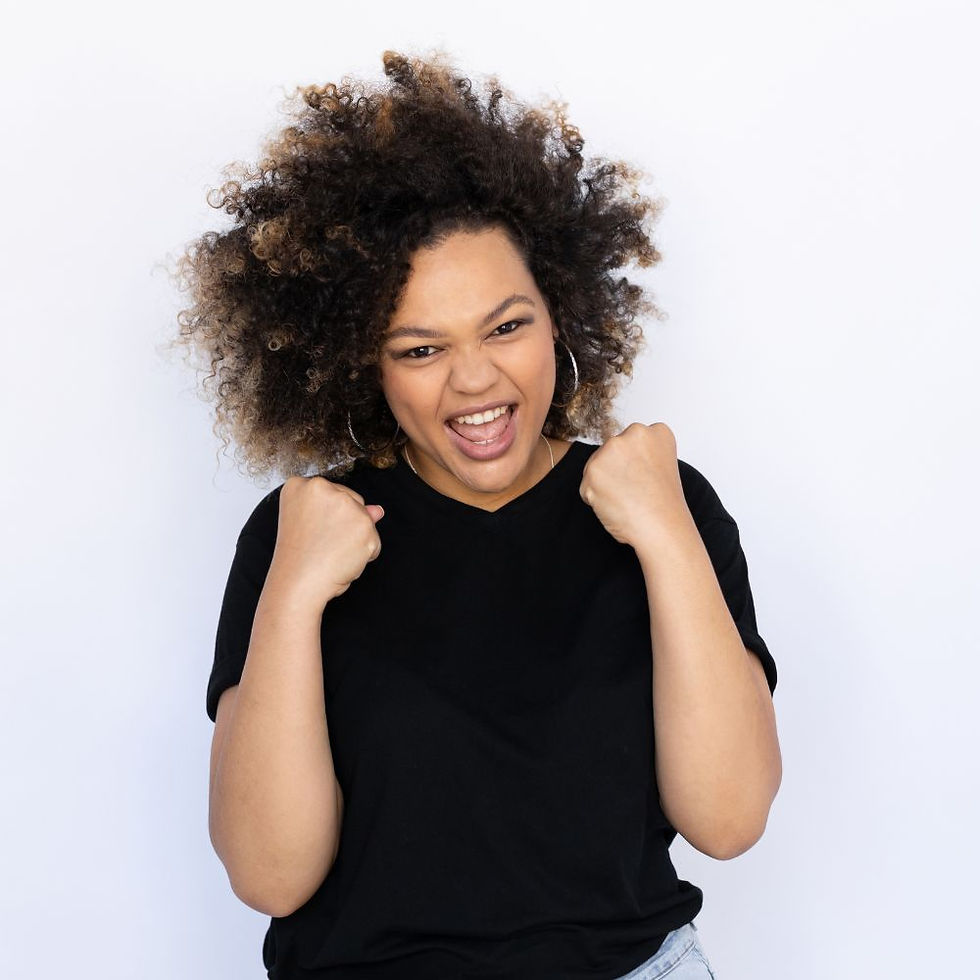.jpg)
Watch for the Milestone Moment
Many users describe a kind of “light switch” moment.
It’s not fireworks, but it’s unmistakable:
“I’m done. I don’t want any more.”
Not because you should stop eating.
Not because you’re “being good.”
But because you genuinely don’t want it.
That moment might come in week two. Or three. It doesn’t mean you’re doing it wrong if it’s taking time.
Practical Tips for Week One
✅ Don’t rush it.
Your body needs time to adjust. Let the process unfold at its own pace.
✅ Stay curious.
Notice small changes in your thinking, cravings, or portions. They count.
✅ Keep track.
Some people find journaling or noting down meals helps spot subtle patterns they’d otherwise miss.
✅ Be kind to yourself.
This isn’t about perfection. It’s about learning new cues and practising responding to them.
✅ Ask questions.
If you’re ever unsure about side effects, dose timing, anything, reach out to your prescriber. That’s literally their job.
One Last Thing: Everybody Is Different
Social media is full of dramatic before-and-afters. Friends might say it worked immediately for them. Others might say they had zero side effects, or all of them at once.
Your journey won’t look exactly like anyone else’s. And that’s okay.
The important thing? Take it one day at a time. Listen to your body. Adjust if you need to. And know that you’re not alone.
You’ve taken the first step. Let your body take care of the rest.
Subtle Shifts Happen First
Even before the big appetite changes show up, small cues often sneak in.
You pause halfway through a meal.
You wonder if you’re actually hungry before snacking.
You leave food on the plate for the first time in ages.
They’re easy to dismiss or chalk up to “trying harder.” But these subtle shifts are the meds working. You don’t need to force it or overthink it, just pay attention to the tiny signals your body is now sending.
“But It’s So Expensive — What If I Wasted My Money?”
We get it. Private prescriptions aren’t cheap.
It’s normal to have a little voice saying:
“I paid all this and nothing’s happening!”
But think of this as an investment that pays off in small, steady wins. Even if you don’t feel anything dramatic today, the medication is doing its job quietly in the background, helping your body relearn how to regulate appetite over time.
And for many, that new relationship with food ends up being worth far more than any single meal or snack run ever was.
So… you’ve done it.
You took your first GLP-1 jab. Maybe it was yesterday. Maybe a few days ago.
And now you’re wondering:
“Should I feel different by now? ... Is this even working? ... Did I just waste a ton of money on nothing?”
Take a breath. You’re in exactly the right place.
Let’s talk honestly about what not feeling anything in your first days or even weeks actually means and why it’s completely normal.
The First Few Days Might Feel… Like Nothing
Here’s the truth most people don’t hear enough:
A lot of people feel absolutely nothing in their first few days.
No sudden loss of appetite. No dramatic “I’m full after three bites” moment. No nausea, even.
If that’s you? Good news: you’re not broken, and your medication isn’t broken either.
GLP-1s don’t work like flicking a light switch. They build up slowly in your system, signalling to your brain and gut over time. For many, it’s the second or even third week when things really “click.”
Published:
30 Jun 2025
Updated:
6 Oct 2025
What If I Don’t Feel Any Different?
Starting Out

Helpful Companions For Your Weight Loss Journey
From meal ideas to daily tracking, these digital tools are designed to make life on GLP-1s a little easier.









.jpg)
.jpg)
.jpg)
.jpg)